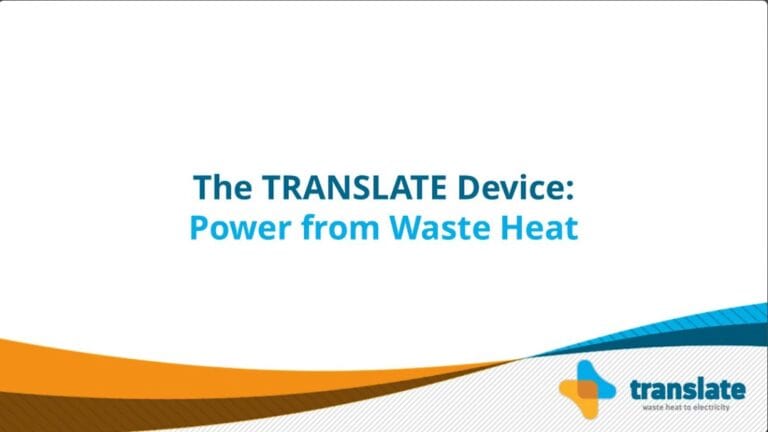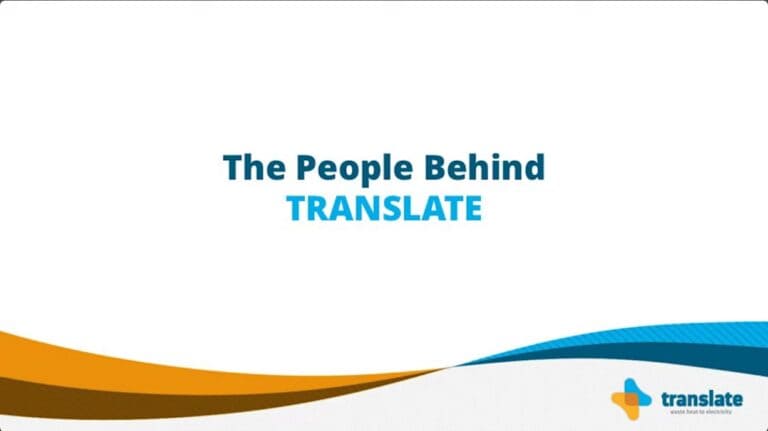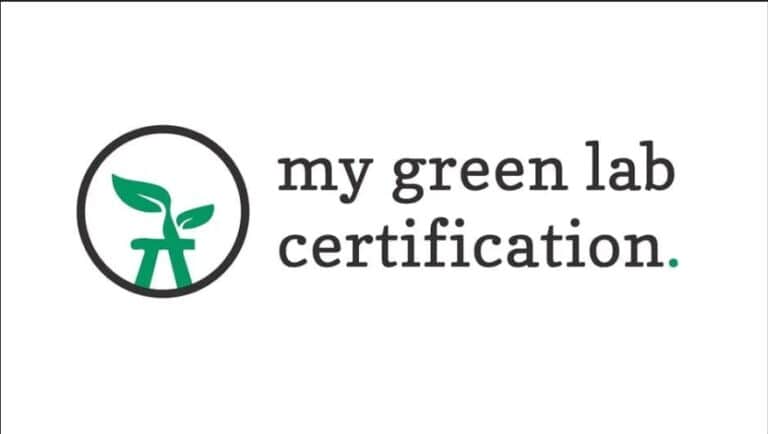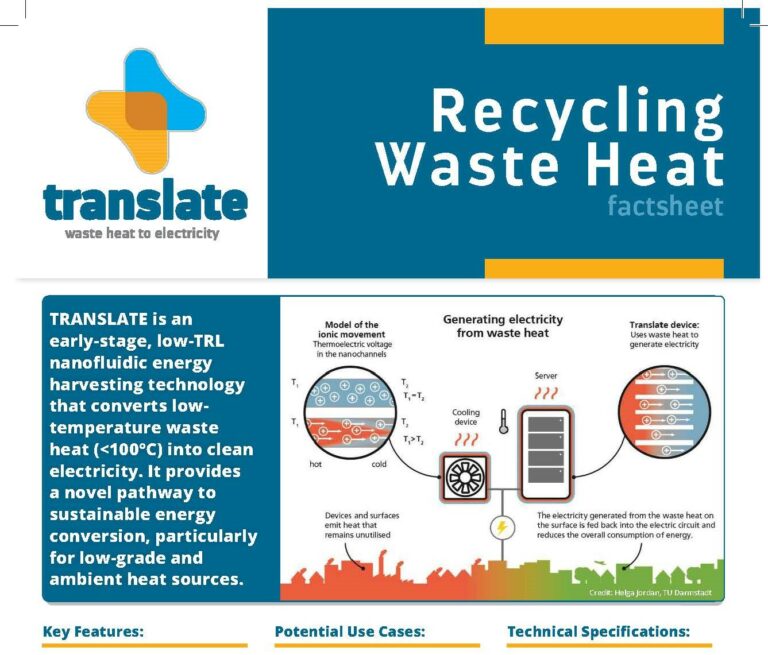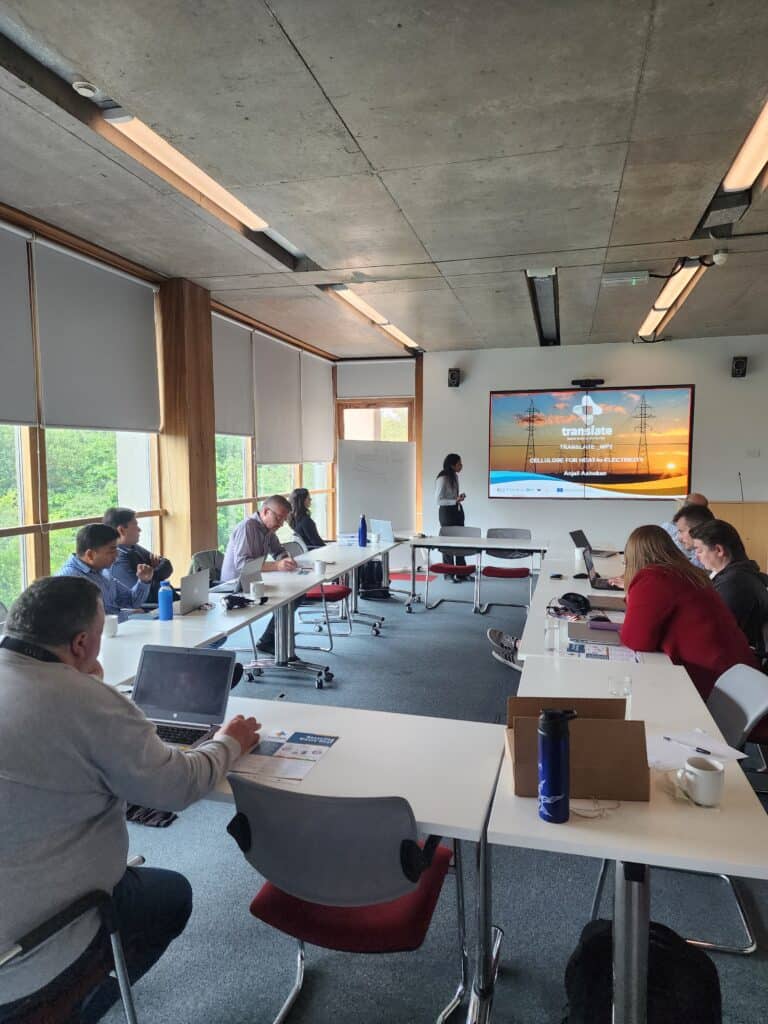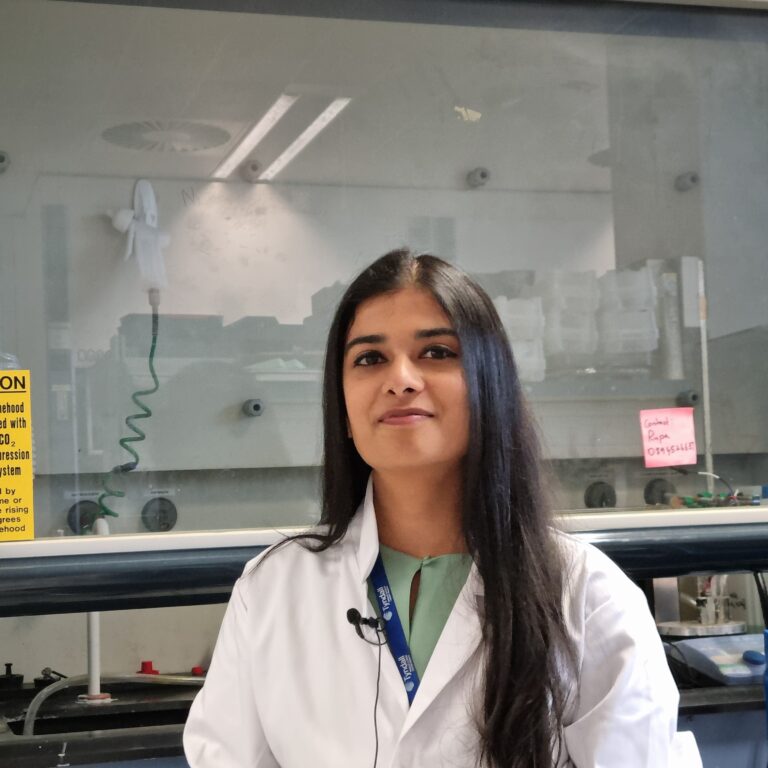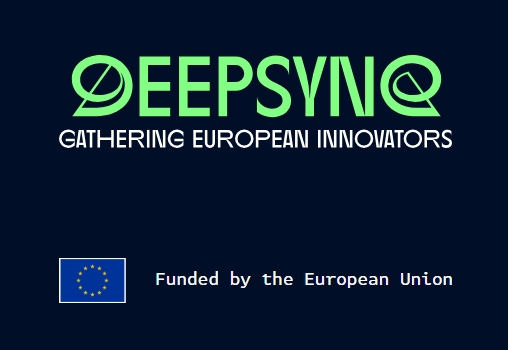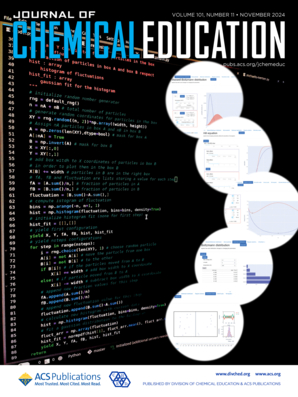28 November, 2025
After four years of groundbreaking collaboration, the TRANSLATE project proudly presents its final newsletter. This edition showcases how everyday resources like wood were transformed into nanofluidic membranes, how waste heat can be harnessed to generate electricity, and how innovative materials are shaping Europe’s sustainable energy future. With behind-the-scenes stories, PhD spotlights, and insights from the final General Assembly in Cork, the newsletter captures both the science and the spirit that defined TRANSLATE’s journey.


